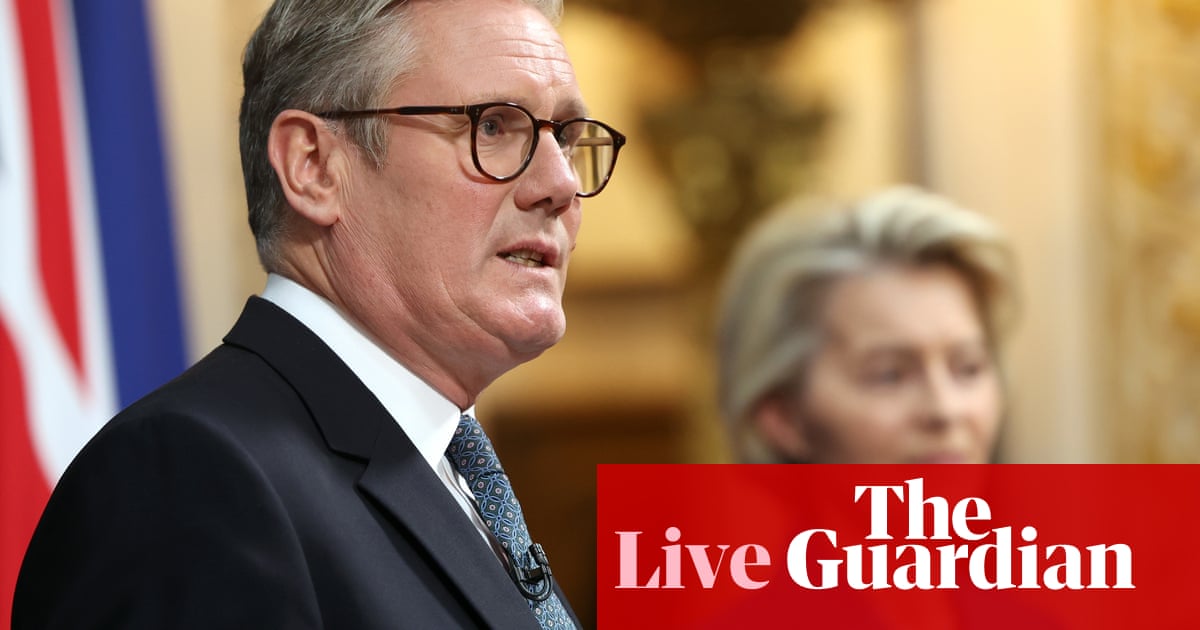Industry minister Sarah Jones has said the new deal with the EU was a “sovereign choice” and not a “one-way deal”, despite widespread criticism that the government had appeared to make large concessions over fishing rights with the EU.
Appearing on Good Morning Britain, the MP for Croydon West told Richard Madeley and Susanna Reid that “It’s not a one-way deal at all because we will make a huge amount of money in terms of the exports that we can now.”
Claiming the deal had been welcomed by business, Jones said it didn’t mean the UK would have no say in rules that were set, telling viewers:
Jones lamented the trading conditions that had been put in place by the Conservative Brexit deal with the EU, saying:
Rachel Reevessaid the UK government is closing in on a trade pact with six Gulf nations, including Qatar and Saudi Arabia, as its next major deal.
The chancellor told the BBC the agreement would be the government’s “next deal” as it looks to boost trade ties following Brexit.
Reeves suggested economic growth would be strengthened through recent trade deals with the United States, the EU and India, all inked within a fortnight.
The chancellor also said the UK was “not looking to have trade negotiations with China”.
In early April, foreign secretaryDavid LammysaidLabourwas continuing discussions with the Gulf over a trade deal, which were started by the previous Conservative government.
The shadow foreign secretary, Priti Patel, has said that the government’s deal with the EU is a betrayal of Brexit, and accused the prime minister of making “smug” comments when announcing it.
Speaking on the GB News channel, the Conservative MP for Witham said:
Asked about Starmer’s comment that the deal put the country back on the world stage, Patel said:
Any cost to taxpayers from the government’s deal with the EU will be outweighed by the economic benefits, industry minister Sarah Jones has said, insisting that the UK was not rejoining the EU.
Speaking on Sky News, she said:
Good morning, welcome to our live coverage of UK politics for Tuesday. Here are your headlines …
Industry ministerSarah Joneshas said the UK-EU deal announced yesterday by prime minister Keir Starmer and European Commission president Ursula von der Leyen does not mean that Britain is rejoining the EU. She claimed any cost to taxpayers would be outweighed by the economic benefits
Shadow foreign secretaryPriti Patelhas said that “when Labour negotiates, Britain always seems to lose”, and accused the government of being misleading over the deal. She said the deal was a betrayal of Brexit
ChancellorRachel Reeveshas said the government is nearing a trade pact with six Gulf nations, including Qatar and Saudi Arabia
It is Martin Belam with you today. Cabinet meets this morning. We might get a Commons statement from the prime minister later on, and the chancellor is expected to make a media appearance. You can reach me atmartin.belam@theguardian.com.
